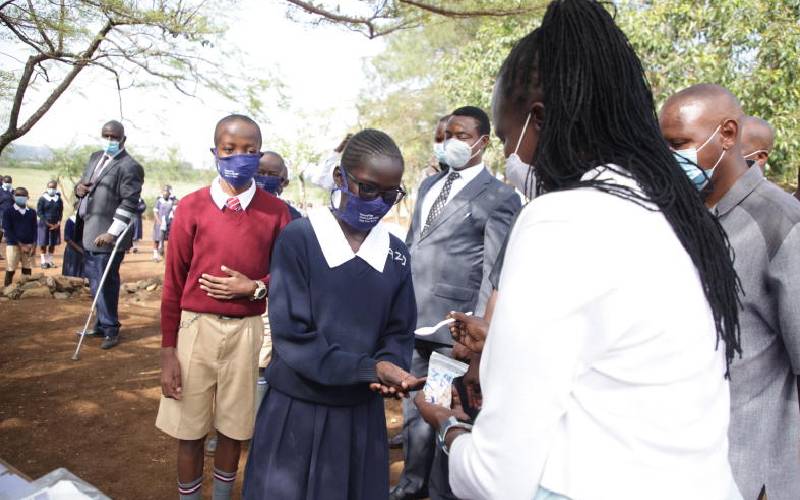Deworming school-age children is the answer to good performance and higher future incomes. [File, Standard]
×
The Standard e-Paper
Stay Informed, Even Offline

Minyoo (worms) have been a public health threat for Kenya’s children for many decades, with the worst hit being pupils in primary schools who carry the disease burden.
The attendant absenteeism results in poor academic performance besides diseases affecting their nutrition intake.